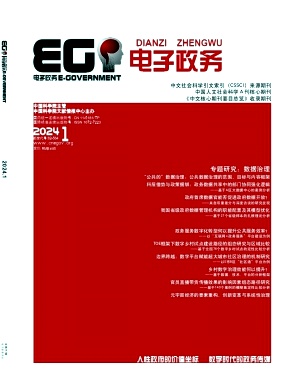Identification of Opportunities as the Component of Digital Entrepreneurial Competences of University Students: A pilot study in Kuwait and Serbia
引用次数: 2
Abstract
Ten higher education institutions [HEI] in Kuwait and around eighty in Serbia provide curriculums that combine entrepreneurial and IT courses. Their students graduate and enter the labor market in possession of some level of digital entrepreneurial competences [DEC]. The problem lies in the fact that there are no available tools and methodologies that would enable the assessment of the exact levels of DEC the students acquire during their formal education. This problem goes far beyond Kuwait and Serbia and is applicable to any other country in the world. This paper provides an overview of the research design which was applied on a sample of university students in Kuwait and Serbia to measure the levels of their digital entrepreneurial competences. The focus of the research was on the identification of opportunities as the first competence area of EmDigital framework for digital entrepreneurial competences.识别机会作为大学生数字创业能力的组成部分:科威特和塞尔维亚的试点研究
科威特的10所高等教育机构(HEI)和塞尔维亚的大约80所高等教育机构提供结合创业和IT课程的课程。他们的学生毕业并进入劳动力市场,拥有一定程度的数字创业能力[DEC]。问题在于,没有可用的工具和方法来评估学生在正规教育期间获得的DEC的确切水平。这个问题远远超出科威特和塞尔维亚的范围,适用于世界上任何其他国家。本文概述了研究设计,该研究设计应用于科威特和塞尔维亚的大学生样本,以衡量他们的数字创业能力水平。研究的重点是确定机会作为EmDigital框架的第一个能力领域,以实现数字创业能力。
本文章由计算机程序翻译,如有差异,请以英文原文为准。
求助全文
约1分钟内获得全文
求助全文

 求助内容:
求助内容: 应助结果提醒方式:
应助结果提醒方式:


